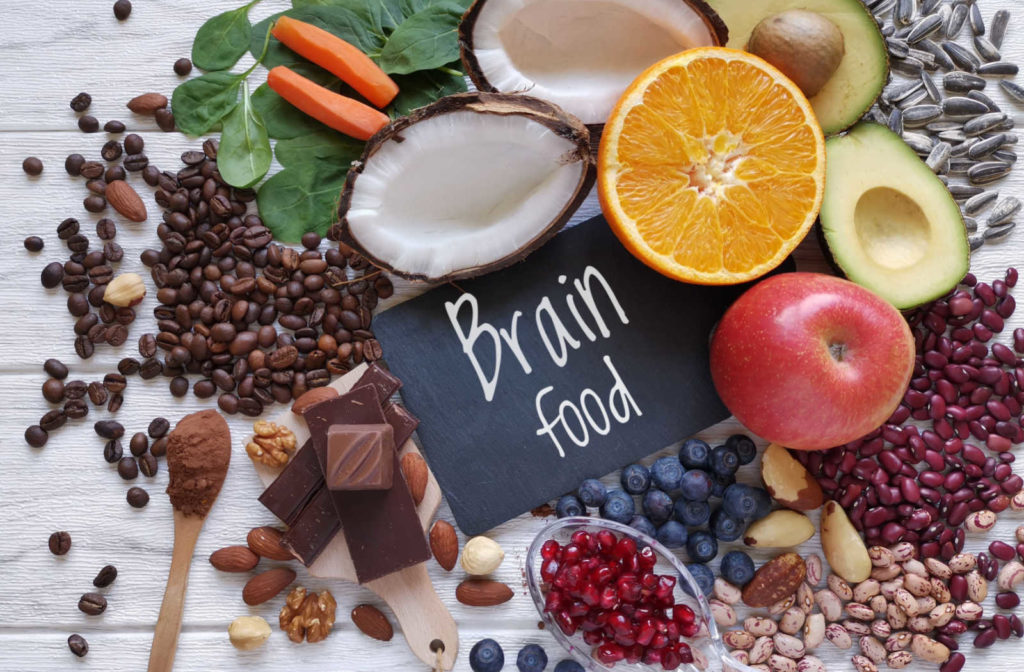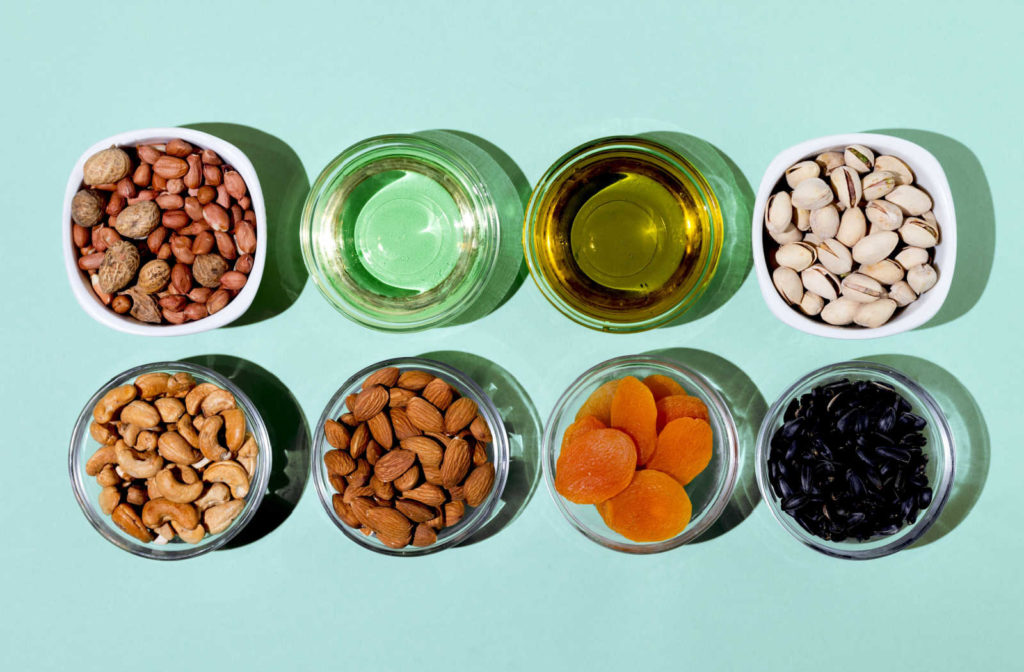We shouldn’t wait until our senior years to start building healthy habits. Paying attention to things like diet and exercise throughout life is important. Caring for yourself with healthy living increases the chances of a healthy retirement without debilitating conditions.
That being said, we know it’s typically not possible to guarantee that you won’t develop a condition like dementia or Alzheimer’s disease in your senior years. There is hope, though. Research shows that diet can significantly contribute to lowering or raising dementia or Alzheimer’s risk factors.
What Is Alzheimer’s Disease?
Dementia itself isn’t actually a disease. It’s actually an umbrella term used to describe several different cognitive and memory impairment conditions. Alzheimer’s disease is the most common form of dementia. The CDC is projecting that 14 million Americans will be living with this disease by 2060, and currently, the diagnosed population was nearly 6 million people a couple of years ago.
If the prevalence of this disease wasn’t enough, it’s also very destructive. Alzheimer’s typically starts progressing relatively slowly. But eventually, the person who develops it will be unable to care for themselves. This is a big reason why special training or information is available on caring for or supporting loved ones with Alzheimer’s.
Is it Possible to Prevent Alzheimer’s?
Because of its prevalence and destructive nature, it’s valid to wonder if there’s any way to prevent this disease. As we mentioned above, there’s no proof that the risk of Alzheimer’s can be eliminated entirely. But research suggests a couple of diets that may be beneficial in lowering the risk.
Reducing Risk Through Diet
The following are the two diets discussed in a study published by the National Institute of Aging:
Mediterranean Diet
The Mediterranean diet is well-known for its health benefits. For example, it’s shown to be great for cardiovascular health, risk reduction for diabetes and metabolic syndrome, and inflammation reduction.
Except for fish and seafood, this diet is primarily plant-based. It’s also heavily focused on drinking lots of water instead of soda or alcohol and staying physically active. Another thing that surprises some is the amount of olive oil and fats in the diet. You have to remember the emphasis is on healthy fats, whole foods, and exercise.
Common food and drink in a Mediterranean diet include:
- Fruit and vegetables
- Whole grains
- Olive oil
- Bean and legumes
- Nuts and seeds
- Fish and seafood (ideally at 2 times per week)
- Chicken and eggs
- Cheese and yogurt
- Red meat (occasional)
- Sugary snacks (occasional)
- Alcohol (occasional)

DASH Diet
Dietary Approaches to Stop Hypertension is what DASH stands for. As the name implies, researchers developed this diet with blood pressure control in mind. One way it does this is by including foods rich in potassium, calcium, and magnesium. Another is by excluding as much sodium (salt) as possible.
The primary reason that this diet is one possible way of reducing the risk for Alzheimer’s is because of the link that researchers discovered between blood pressure and an increased risk of developing dementia.
With DASH, there is less of a structured list of things to eat or not eat. You’ll want to include some specific things in your meals.
Inclusions (or exclusions) in the DASH diet include:
- Foods that are high in potassium, calcium, and magnesium
- Low sodium (salt)
- Low in saturated fats
MIND Diet
The MIND diet is actually a combination of the Mediterranean and DASH diets. It stands for Mediterranean-DASH Intervention for Neurodegenerative Delay. It was developed specifically to support brain function and reduce the risk of dementia.
Essentially researchers pulled the foods from each diet that showed the most promise for brain support. For example, extra berry intake—not simply fruit—is encouraged with the MIND diet because of the extra benefit for the mind.
Food and drink emphasis for the MIND diet includes:
- Leafy greens
- Berries
- Nuts
- Olive oil
- Whole grains
- Fish
- Poultry
- Wine
- Beans
Additional Ways to Reduce the Risk
Diet isn’t the only way to care for your body and mind. The CDC provides the following list of additional ways that you can lower your risk of developing Alzheimer’s:
- Controlled blood pressure
- Properly managed sugar
- Maintain a healthy weight and stay physically active
- Quit smoking
- Reduce alcohol consumption
- Get adequate sleep
Discuss Your Future
Eating a healthy diet and staying active are super steps in healthy aging. Another part is preparing for the future. The place you choose to retire could make a huge difference in your quality of life. It’s important to find a community that’s committed to supporting a healthy, active lifestyle.Talk to us today at Bentley Commons. Our friendly staff can answer all your questions and give you a community tour, so you can see it all for yourself.



